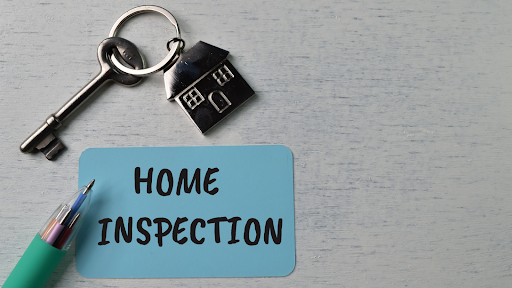What to Expect When Buying a Sacramento Home
Buying a home comes with different responsibilities than selling a home. Here are a few to-dos you can expect.
Shopping and Loan Pre-Approval
The first step to buying a home is figuring out what price is in your budget. If you will need a mortgage, as most buyers do, meet with a few lenders to compare loan options. Once you’ve found a lender you are happy with, they will help you get the paperwork together for a loan preapproval.
With your budget and financing ready, it will be time to shop! Everyone’s needs in a home are a bit different. You may want to search based on some or all of the following: neighborhood, nearby schools, proximity to transit, square footage, bedrooms and bathrooms, and other amenities like pools or garages. Your realtor can help you organize these priorities and find a home that’s a great fit.
Making an Offer
Once you’ve found a property you like, you should work with your realtor to submit an offer. The offer will include purchase price, escrow length, and other conditions you may have. Your realtor will write up the documents needed to submit a legal offer to the seller.
You will want to have pre-approval documents ready at this time. The majority of sellers will only accept buyers who have a lender’s pre-approval, approval letter, or written loan commitment, which is a better guarantee of loan approval than a pre-qualification.
If your offer is accepted, it will be time to start on inspections.
Inspections and Appraisals
As a buyer, you should have the property inspected by a licensed property inspector within the time frame agreed upon in your contract to purchase.
You should hire several inspectors if you want a range of professional opinions from specialists in specific disciplines (eg. roof, HVAC, structure). If the agreement is conditional upon financing, the property will be appraised by a licensed appraiser to determine the value for the lending institution. This enables lenders to confirm the accuracy of their investment. If purchasing a commercial property, the lender may also require you to conduct an environmental audit and/or soil test.
Contingencies
A contingency is a condition that must be met before a contract becomes legally binding. For instance, you may include a contingency stating that the contract is binding only when a satisfactory home inspection report is obtained from a qualified inspector.
Before completing the purchase, you will examine every aspect of the property, as provided for by purchase agreements and any applicable addendums. These include:
- Obtaining financing and insurance
- Reviewing all pertinent documents, such as preliminary title reports and disclosure documents
- Inspecting the property
For the inspection contingency, you have the right to determine the condition of the property by subjecting it to a wide range of inspections, such as roof, termite/pest, chimney/fireplace, property boundary survey, well, septic, pool/spa, arborist, mold, lead based paint, HVAC, etc.
Depending on the outcome of these inspections, one of two things may happen:
1. Either each milestone is successfully closed and the contingencies will be removed, bringing you one step closer to the closing; or
2. After reviewing the property and the papers, you request a renegotiation of the terms of contract — this is usually the price.
Closing the Deal
Either a title company or an attorney will be selected as the closing agent. It’s their job to ascertain the clear title status of the real estate. After researching the complete recorded history of the property, they will certify that 1) the title is free and clear of encumbrances (eg. mortgages, leases, or restrictions, liens) by the date of closing; and 2) any new encumbrances are duly included in the title.
recent articles
DRE# 01447558
Broker DRE# 01908304
730 Alhambra Blvd, Suite 150, Sacramento, CA 95816
Team
Neighborhoods

Real Estate Web Design by Bullsai











